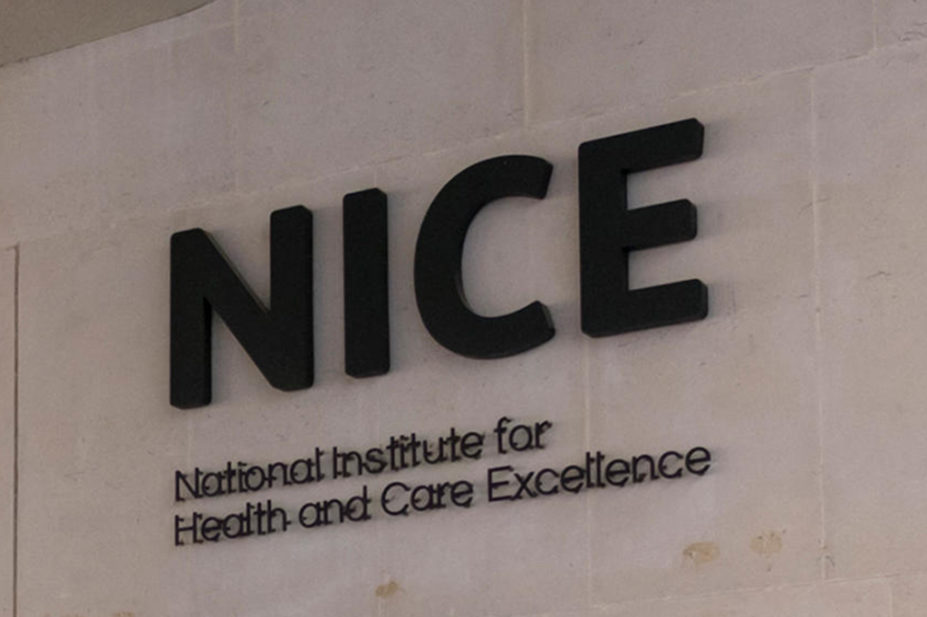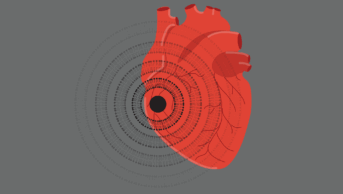
Paul Lawrenson / Alamy Stock Photo
The National Institute for Health and Care Excellence (NICE) is set to approve the omega-3 fatty acid icosapent ethyl for reducing heart attacks and strokes for some high-risk patients.
In final draft guidance, due to be formally published on 13 July 2022, NICE said that around 425,000 people with established cardiovascular disease (CVD) could benefit from the treatment.
Once the guidance comes into effect, patients will be eligible for icosapent ethyl if they have a high risk of cardiovascular events, raised fasting triglycerides and are taking statins.
Eligible patients will need to have a history of established disease, such as previous myocardial infarction or stroke or coronary artery disease, and have controlled low-density lipoprotein (LDL) cholesterol, NICE said.
The guidance committee reviewed evidence that suggested that icosapent ethyl reduces the risk of cardiovascular events by more than a quarter in people with CVD, raised triglycerides and LDL-C levels controlled by statins.
Outlining the decision in the draft document, NICE said the cost-effectiveness estimates for icosapent ethyl are uncertain but it was unlikely to be cost effective for primary prevention.
However, it was calculated to be acceptable for secondary prevention in people with LDL-C levels above 1.04 mmoL/litre and below or equal to 2.60 mmoL/litre.
Icosapent ethyl costs £144.21 per pack of 120 capsules, but NICE said this cost may vary in different settings owing to negotiated procurement discounts.
In the draft document, the committee reiterated that patients must be taking a statin before they can be treated with icosapent ethyl as otherwise it falls outside its marketing authorisation.
In a statement published on 10 June 2022, NICE said that NHS England estimates that between 25% and 35% of people receiving statin therapy have elevated triglycerides.
Helen Knight, interim director of medicines evaluation at NICE, said: “Icosapent ethyl is the first licensed treatment of its kind for people who are at risk of heart attacks and strokes despite well controlled LDL cholesterol because they have raised blood fats.
“Although lifestyle changes, including diet and exercise, can help to reduce their risk, these may not work for everyone.”
Read more: FDA approves omega-3 fatty acid to reduce cardiovascular risk


